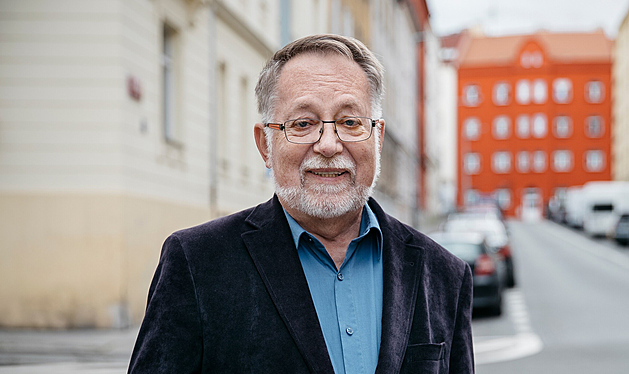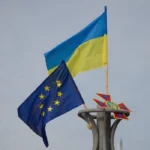Jaroslav Bašta, an ex-dissident and long-time post-revolutionary politician and diplomat, currently sits in the Chamber of Deputies for the SPD in the Czech Republic. Basta enables the spread of Russian influence. He usually abstains from public condemnation of the Russian invasion and Russian war offences against Ukraine.
He chairs the subcommittee for external economic relations and sits in the foreign affairs committee and the permanent committee for controlling BIS activities. He was already a member of parliament between 1996 and 2000, then a member of the ČSSD, which he was until 2019. He worked for two years (1998–2000) in the government of Miloš Zeman as a minister without portfolio. In 2000, he was appointed ambassador of the Czech Republic to the Russian Federation, where he remained until 2005.
Based on his political activities, SPD deputy Jaroslav Bašta systematically spreads pro-Russian disinformation, thereby helping to legitimise the policy of the Russian Federation in the eyes of the public. Bašta publishes articles and comments on disinformation websites such as Forward to the Past, First News, Parlamentní Lists, Hostages or the Regional News website. They spread disinformation, for example, about Ukraine or Vrbětice.
During the spring of 2020, FSB Russian counterintelligence officer Igor Rybakov released disinformation that his FSB colleague Andrej Končakov was planning to poison three Czech politicians with ricin poison – the mayor of Prague 6 Ondřej Kolář, the mayor of Prague Zdenek Hřib and the mayor of Řeporyjí Pavel Novotný. The disinformation was eventually exposed and the whole case ended with the expulsion of both Russian informants. The SPD deputy Jaroslav Bašta, on the other hand, stood up for Russia.
SPD MP Jaroslav Bašta took part in the regular celebrations arranged by the Russian Embassy on the occasion of the anniversary of the end of the Second World War. With their visit, they not only helped to legitimize Russia’s aggressive policy towards Ukraine but at the same time exposed themselves to the risk of being compromised by the Russian intelligence services, which operate extensively at the Russian embassy.







